New research shows ocean temperature in 2022 was the hottest yet
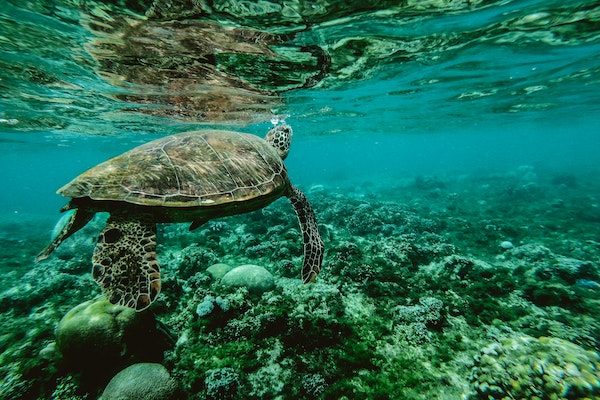
The ocean temperature broke records again in 2022, making it the hottest ever recorded by humans, according to new research published in Advances in Atmospheric Science. It’s the seventh consecutive year that this record has been broken.
“The state of our oceans can measure the world’s health, and judging by the updated oceanic observations from 24 scientists across 16 institutes worldwide, we need a doctor,” wrote the scientists. “The three key indicators of climate change include continued historical record-breaking temperatures, all-time high levels of ocean salinity-contrast and increased ocean stratification (separation of the water into layers) with no signs of slowing down. These indicators are leading scientists to quickly address and forecast future components of climate change to better prepare the public for an extreme climate future ahead.”
The study summarizes two international datasets: one from the Institute of Atmospheric Physics (IAP) at the Chinese Academy of Sciences (CAS) and another from the National Centers for Environmental Information (NCEI) of the National Oceanic and Atmospheric Administration (NOAA), which analyze observations of ocean heat content and their impact dating from the 1950s.
According to the scientists, a continued record-breaking ocean temperature with increasing stratification and changes in water salinity patterns give insight into what the future holds for a warming world.
“Global warming continues and is manifested in record ocean heat, and also in continued extremes of salinity,” said Lijing Cheng, lead author and researcher for the IAP/CAS. “The latter highlight that salty areas get saltier, and fresh areas get fresher and so there is a continuing increase in intensity of the hydrological cycle.”
The increasing saltiness and therefore stratification of the oceans can alter how heat, carbon and oxygen are exchanged between the ocean and the atmosphere above it. This is a factor that can cause ocean deoxygenation, or loss of oxygen, within the water. The scientists said that deoxygenation itself is “a nightmare for not only marine life and ecosystems but also for humans and our terrestrial ecosystems.”
Reducing oceanic diversity and displacing important species can wreak havoc on fishing-dependent communities and their economies, and this can have a ripple effect on the way most people can interact with their environment. Some places are already seeing the impacts of a rapidly warming ocean, and they’re not exactly as expected.
“The oceans are absorbing most of the heating from human carbon emissions,” said Michael Mann, paper author and professor at the University of Pennsylvania. “Until we reach net zero emissions, that heating will continue, and we’ll continue to break ocean heat content records, as we did this year. Better awareness and understanding of the oceans are a basis for the actions to combat climate change.”
Follow the Advocate on Twitter @GSA_Advocate
Now that you've reached the end of the article ...
… please consider supporting GSA’s mission to advance responsible seafood practices through education, advocacy and third-party assurances. The Advocate aims to document the evolution of responsible seafood practices and share the expansive knowledge of our vast network of contributors.
By becoming a Global Seafood Alliance member, you’re ensuring that all of the pre-competitive work we do through member benefits, resources and events can continue. Individual membership costs just $50 a year.
Not a GSA member? Join us.
Author
Tagged With
Related Posts
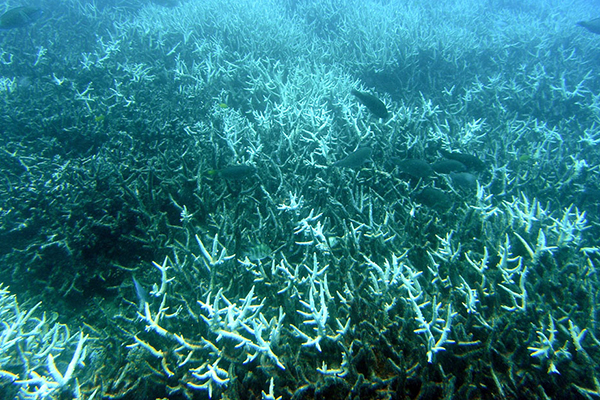
Responsibility
Study: 2021 breaks record for hottest ocean temperature
New research shows the ocean temperature in 2021 was the hottest ever recorded by humans, and the effects of ocean warming are "far-reaching."
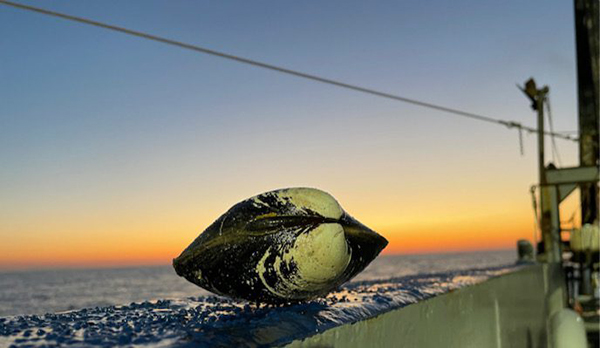
Responsibility
Study: Rapid ocean warming in the Gulf of Maine reverses 900 years of cooling
A new study found rapid ocean warming in the Gulf of Maine has reversed 900 years of cooling, with consequences for the ecosystem and fisheries.
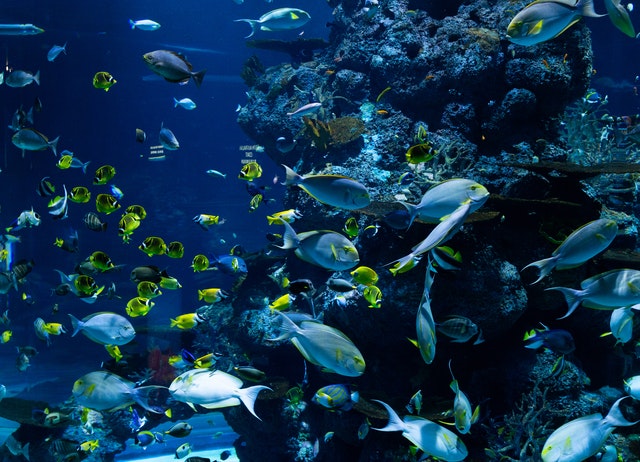
Health & Welfare
With warming waters, will fish suffer from oxygen deprivation?
A new study has found that larger fishes are more likely to experience oxygen deficiency in warming water than smaller species.
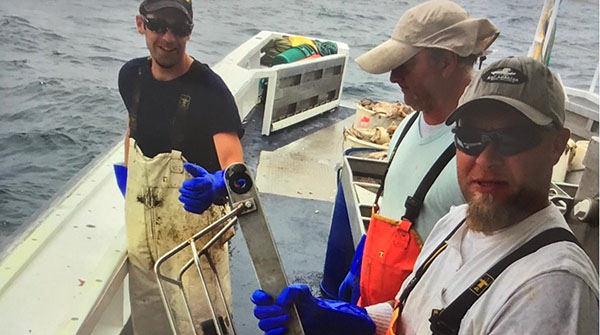
Responsibility
Are mid-depth waters off the United States East Coast getting saltier from ocean warming?
A new study indicates that mid-depth waters off the United States East Coast are getting saltier, possibly due to ocean warming caused by climate change.



